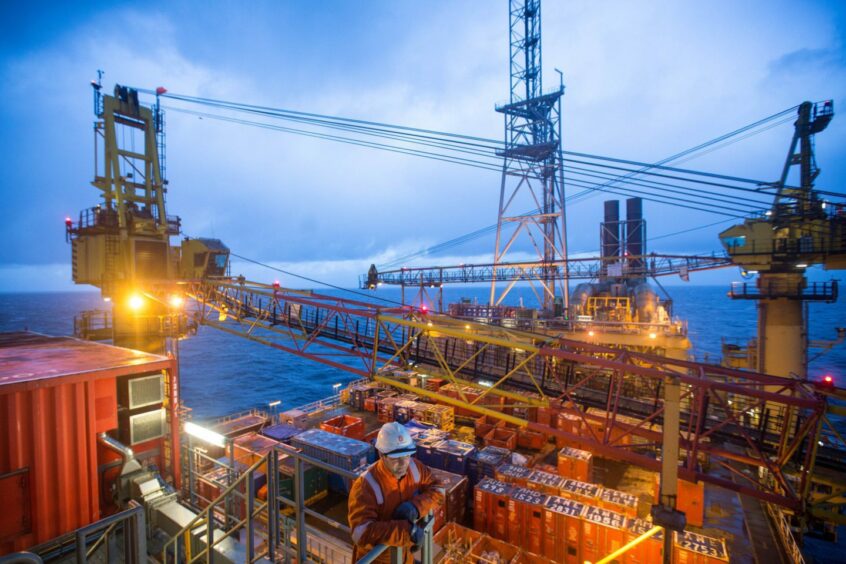
Law firm Mayer Brown has said private equity funds have accelerated acquisitions of European oil & gas assets, with 16 deals worth £12 billion announced in the last year.
Last year private equity funds spent £2bn on the acquisition of European oil and gas assets in 12 deals.
The law firm also said that there has been an uptake in the number of mid and downstream deals around the world as well.
However, it must be stated that private equity funds that specialise in the upstream part of the oil and gas industry made more deals in 2020 than they did in the previous year.
With funds focussing on oilfield services and mid and downstream businesses showing a much larger increase in the number of deals.
Energy Voice reported at the beginning of the year that Private equity took a keen interest in the UK North Sea in 2021, with £2.4 billion worth of deals for the country’s oil and gas industry.
Mayer Brown partner, Bob Palmer, chalks this up to funds benefitting from oil & gas majors’ commitment to transition away from fossil fuels.
The transition is making assets available at attractive prices as multinationals reshape their portfolios in preparation for net zero, says Mr Palmer.
Partners Group, Inflexion and H2 Equity Partners have all acquired oil & gas or oil & gas services businesses in the last 12 months.
Earlier this year, private equity-backed Sval Energi acquired Equinor’s non-operated share in the Greater Ekofisk Area and a minority share in the Martin Linge field, as part of a $1 billion deal.
While the year before, NEO Energy, backed by HitecVision, made a £1.2 billion acquisition of JX Nippon E&P UK, including its 20% stake in the Mariner field and 18% stake in the Culzean development.
The law firm partner also expressed that despite the Russian invasion of Ukraine causing crude oil and natural gas prices to rise sharply, private equity funds are also shifting their attention to low carbon businesses and infrastructure.
At the beginning of the year, Partners Group acquired the Aberdeen-headquartered North Star Group, stating it looked to create a “leading pan-European, next-generation offshore wind infrastructure services company.”
However, He believes that liquid natural gas (LNG) will be integral to the energy transition as private equity funds see that mid and downstream activity is likely to increase to support these and underpin new security of supply policies, resulting in acquisitions.
Palmer said: “Some of the upstream oil and gas assets that changed hands over the last two years were attractively priced. Funds know that many of the majors have committed to reducing the size of their fossil fuel portfolios over the coming years.”
“That reshaping of portfolios applies significant pressure on pricing and will lead to interesting opportunities for PE funds.”
“The fundamental factors in the global energy sector remain: transition to a low or zero-carbon world, a growing global energy demand and a keen focus on ESG.
“These fundamentals have now been overlaid with the demand-supply disruption and by a shift in national energy and security of supply policies.”
Recommended for you

